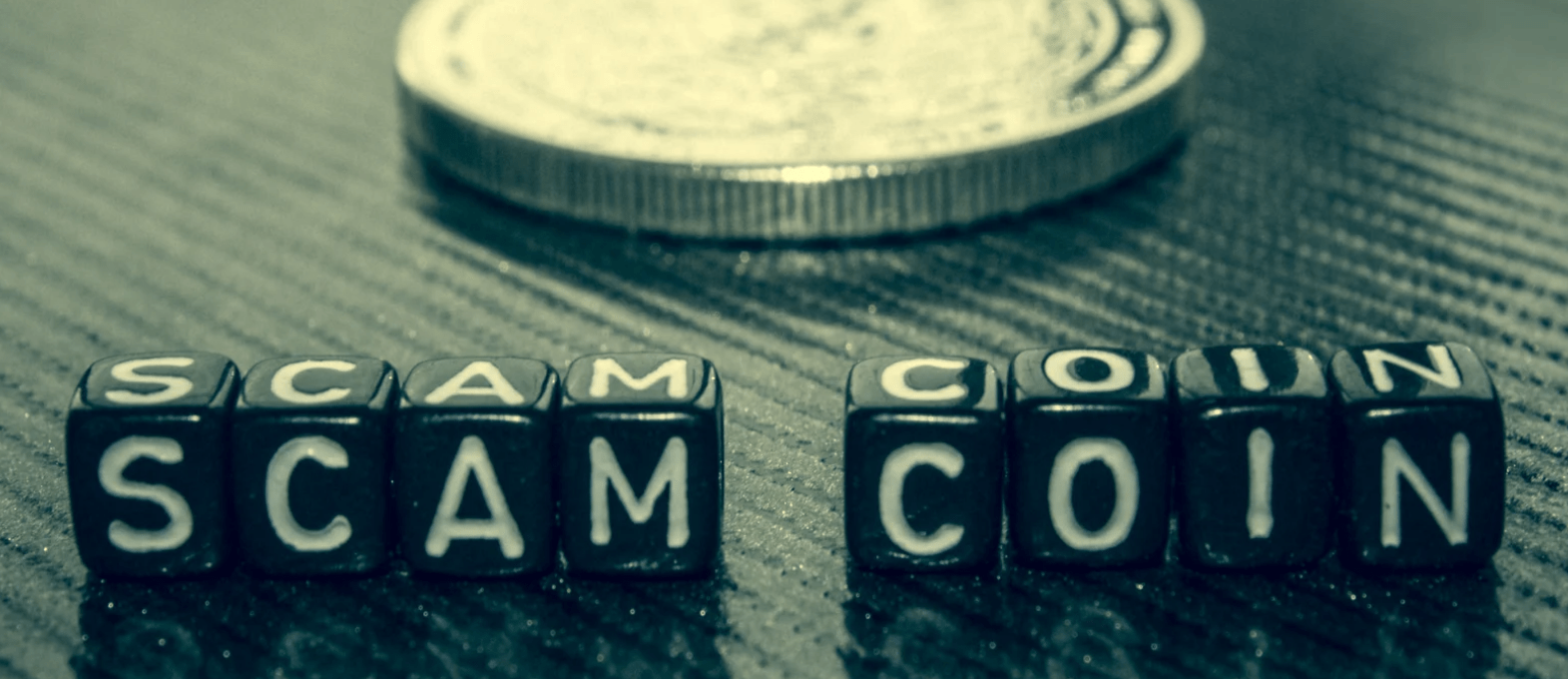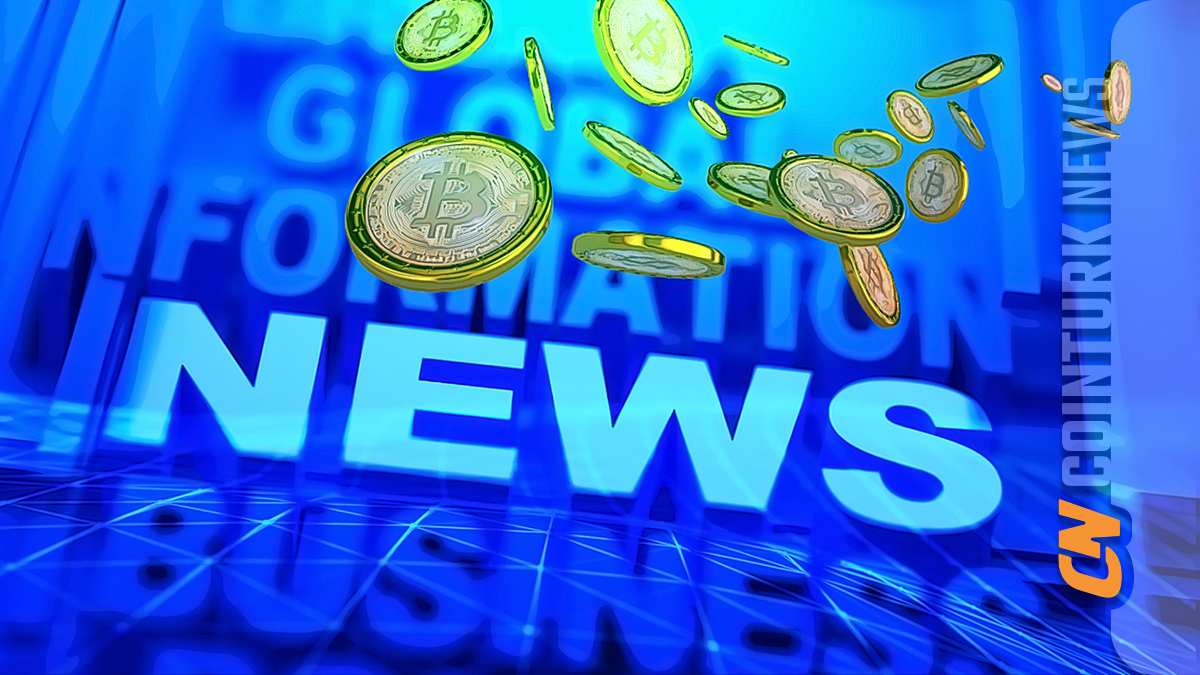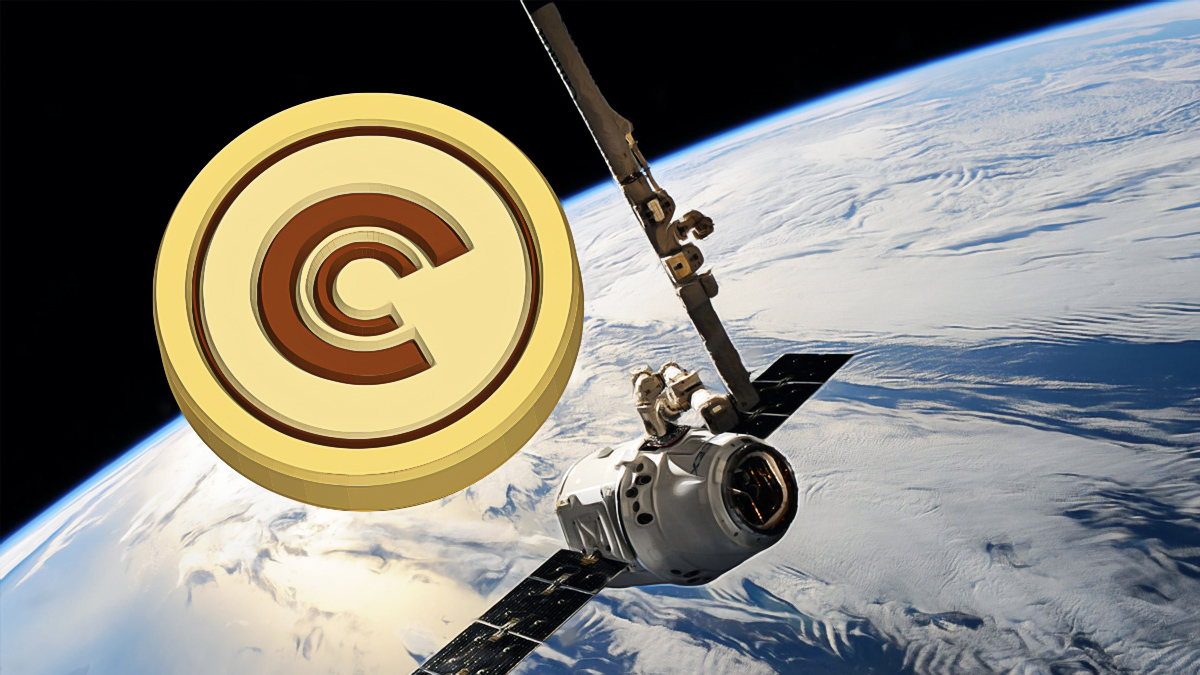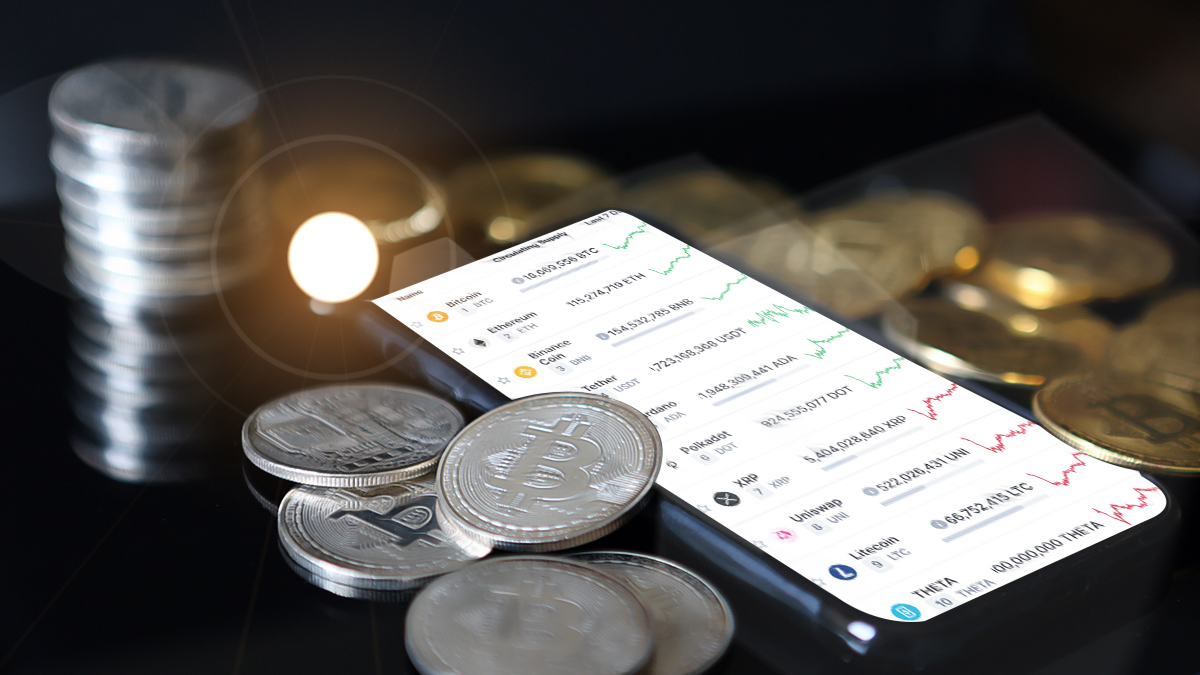Bitcoin price has fallen to $70,800 at the time of writing, and we had mentioned this risk a few hours before. ETF data came in disappointingly bad, and losses in altcoins may begin. Of course, it’s not possible to see the future, but the current trend shows that downside risks are becoming more evident. However, our topic in this article is different; we will discuss scam tokens.
Scam Altcoins
Creating a cryptocurrency has become a very simple task compared to a few years ago. You can issue your own token under any name without much coding knowledge. Today, this has turned into a task that takes less than half an hour. We even see people launching ready-made blockchains as their own networks. This is as simple as the token issuance process a few years ago.

Given this situation, the number of scammers has increased. Now, even less clever fraudsters can easily issue scam tokens targeting investors. A recent study by cybersecurity firm Blockaid shows how dangerous scammers exploiting the excitement in the Solana network can be to all of us.
Half of Altcoins Aimed at Scamming
Blockaid’s co-founder Ido Ben-Natan says that scammers are actively targeting investors on the Solana network for two main reasons. We had discussed how risky the gamble is as the number of investors hunting for new tokens on Jupiter and other Solana DeFi platforms (DeFi activity and unique users hit a record last month) reached record levels. Ido Ben-Natan stated;
“Firstly, the pre-sale frenzy supported by the popularity of legitimate meme coins in February and March provided fertile ground for scammers.”
The cybercrime expert also says that scammers exploit FOMO and lure investors into traps more easily with sophisticated tactics such as mimicking legitimate transactions and creating deceptive websites. As we have warned many times, investors need to be more skeptical about newly launched tokens that serve no purpose and be aware of the high risk of losing their money.
On the other hand, the frenzy on the Solana network has also taken a terrible turn in terms of human decency. The emergence of aggressive and racist-themed meme coins on the network is as dangerous as the scammers for Camila Russo;
“I passionately hate racist meme coins, but I love the fact that everyone can issue whatever token they want on permissionless blockchains. I believe centralized platforms have the right to filter, list, and delist these tokens as they wish.”
Uniswap founder Hayden Adams also argues that DeFi platforms have the right to block such tokens and should exercise it.

 Türkçe
Türkçe Español
Español








